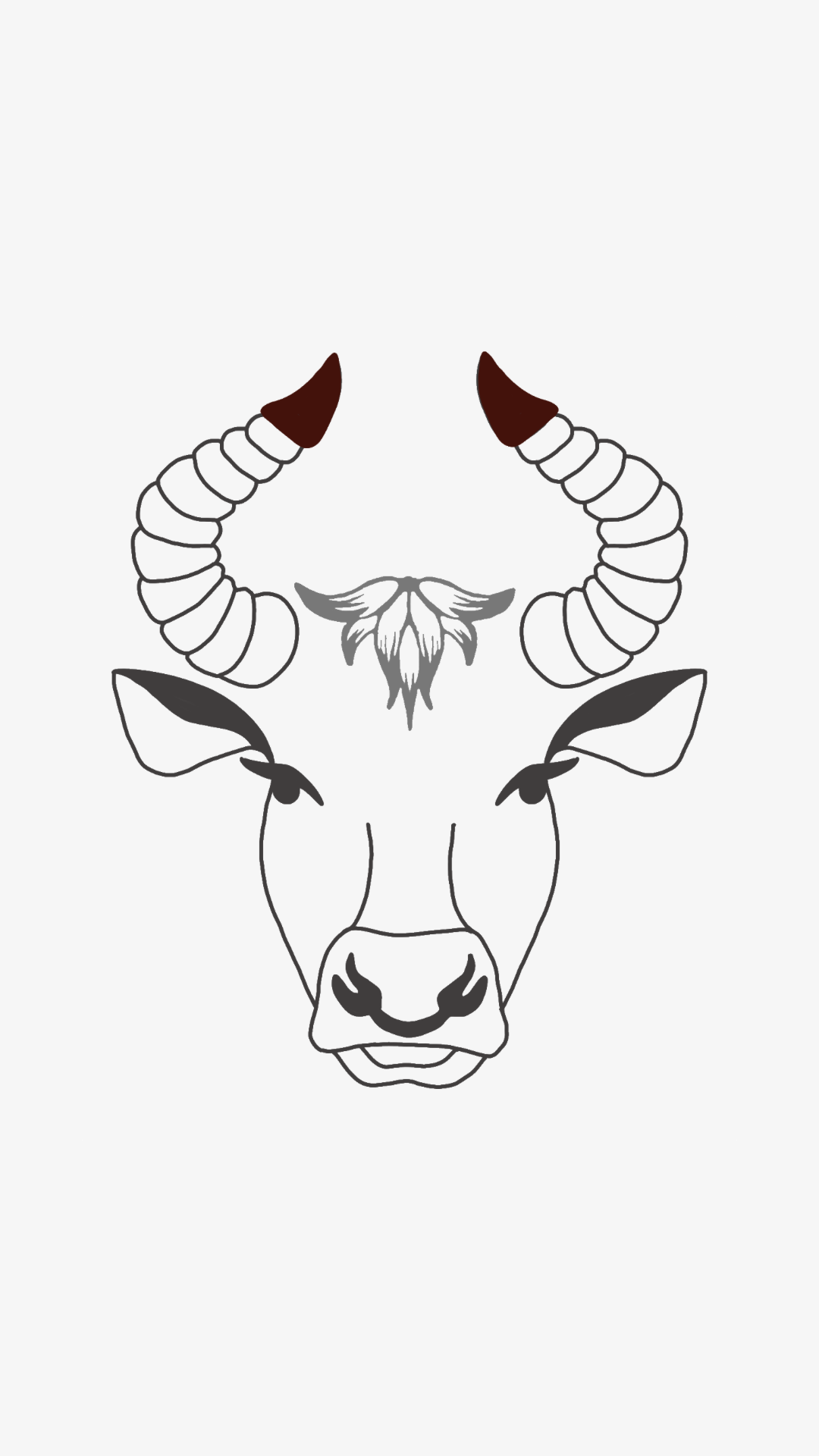The Unexplored Influence: How Culture Shapes Tattoo Artistry
- Oxblood.ink

- Apr 9, 2025
- 4 min read
Tattoo artistry is more than just body ink; it is a powerful expression of identity, community, and culture. Across various regions, tattoos serve as profound symbols of personal stories, cultural beliefs, and social status. This post will delve into the intricate relationship between culture and tattoo artistry, examining how these influences shape designs, techniques, and the perception of tattoos worldwide.

Historical Context of Tattoos
The history of tattoos is rich and diverse, reflecting the unique cultures that practice this ancient form of art. For instance, in ancient Egypt, tattoos were often used by women to symbolize fertility and protection. Additionally, the Māori of New Zealand are renowned for tā moko, which features intricate facial tattoos that reveal the wearer’s lineage, tribe, and achievements. In fact, nearly 60% of Māori have some form of tattoo, reinforcing its cultural importance as a rite of passage and identity marker.
Moreover, in many indigenous cultures, tattoos also have spiritual significance. They are seen as protective symbols or a way to connect with ancestors. These historical ties emphasize that tattoos are closely woven into cultural identity, often narrating the wearer’s life story.
Cultural Symbolism in Tattoo Art
Tattoo designs carry different meanings across various cultures. Take Japanese tattoos, known as irezumi, for example. Iconography here includes koi fish, dragons, and cherry blossoms, each rich with symbolism. Koi fish represent perseverance, while dragons signify strength and protection. In traditional Japanese culture, nearly 80% of all tattoo designs were inspired by folklore and mythology, highlighting the deep-rooted connection between art and cultural narratives.
Sacred geometry, too, plays a significant role in many tattoo traditions. For instance, mandalas symbolize spirituality and interconnectedness in Hindu and Buddhist beliefs. When individuals choose their tattoos, they often look for designs reflecting their values, reinforcing how personal narratives merge with cultural expressions.
Tattoo Techniques Across Cultures
The tattoos' techniques vary widely, reflecting the cultural origins of the artists. For instance, Tahitian tattooing employs hand-tapping methods using natural materials, while Western tattoo techniques rely heavily on modern machines for greater precision. Approximately 90% of tattoos today are created using machines, as they allow for finer details and complex designs.
This variance in techniques highlights the contrasting cultural attitudes toward art creation. Hand-tapped tattoos often foster a deeper connection between the artist and the canvas, leading to a more authentic artistic experience. Understanding these differences emphasizes how cultural perspectives shape the very process of tattoo artistry.
Modern Adaptations and Globalization
Tattoo artistry has grown immensely in popularity, often blending traditional designs with contemporary styles. For example, tribal tattoos, rooted in various cultures, have surged in popularity among individuals who might not fully grasp their cultural significance. Market research indicates that the global tattoo market has reached $3 billion, reflecting this trend.
This melding of styles raises important questions: Does globalization dilute cultural significance, or does it foster appreciation for diverse art forms? Tattoo artists are now more than ever encouraged to educate clients about the cultural origins of certain designs. This knowledge helps build a deeper connection to the artwork and fosters respect for its roots.
The Role of Cultural Appropriation
Cultural appropriation has become a significant discussion in the tattoo community. While appreciating the art from different cultures is vital, it is equally crucial to recognize when cultural symbols are used without proper understanding. For example, someone getting a tattoo inspired by Native American symbolism without knowing its significance could lead to misunderstandings.
Artists and clients must approach tattoo selection with sensitivity. It involves educating oneself about the meanings behind specific symbols. This heightened awareness promotes respect and a deeper connection to the artwork.
The Influence of Personal Narratives
Cultural influences extend beyond traditional designs; personal narratives shape tattoo choices significantly. Many individuals choose designs that reflect their cultural heritage or significant life experiences. For instance, a person of Italian descent may choose a depiction of a family crest as a way to celebrate their ancestry.
This blend of personal storytelling and cultural expression highlights the complexity of tattoo artistry. It showcases how deeply embedded culture is in personal identity, allowing individuals to express pride in their backgrounds.
Tattoo Communities and Cultural Exchange
Tattoo communities are vibrant environments where cultural exchange flourishes. Events like tattoo conventions allow artists from around the globe to showcase their techniques and styles. These gatherings often spark meaningful conversations about cultural significance, enhancing understanding and appreciation for different practices.
Through these exchanges, artists can learn and adopt new techniques that may influence their own work. As tattoo artistry continues to evolve, recognizing the importance of cultural exchange can lead to more respectful and authentic representations within the industry.
Final Thoughts On Culture and Tattoos
The interplay between culture and tattoo artistry reveals how connected our identities are to the art we showcase on our skin. From historical contexts to modern expressions, the way we perceive, create, and understand tattoos is profoundly influenced by cultural narratives.
As the tattoo industry continues to thrive, it is essential for both artists and enthusiasts to approach this art form with respect. Acknowledging the significance behind tattoos not only enriches our appreciation for this craft but also deepens our understanding of each other's stories.
As cultures evolve, so too will the dialogue surrounding tattoo artistry, inviting future generations to explore their narratives through this vibrant means of expression.




Comments